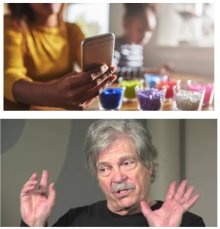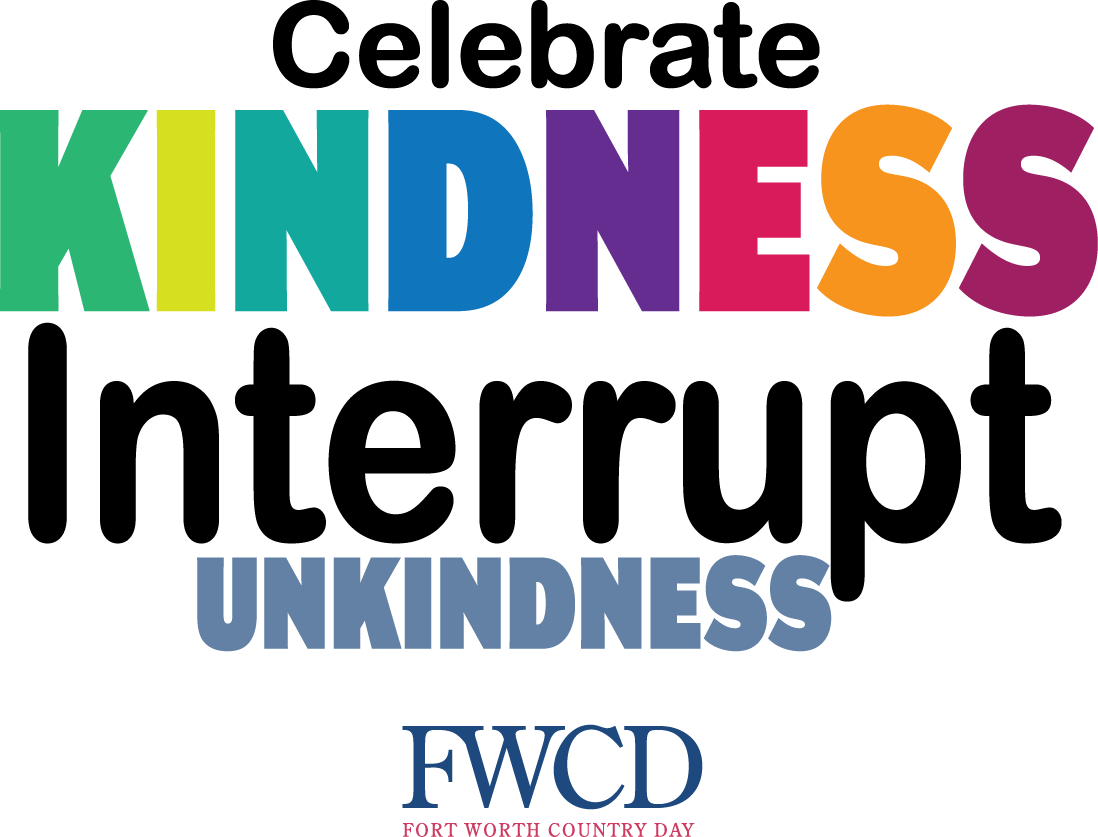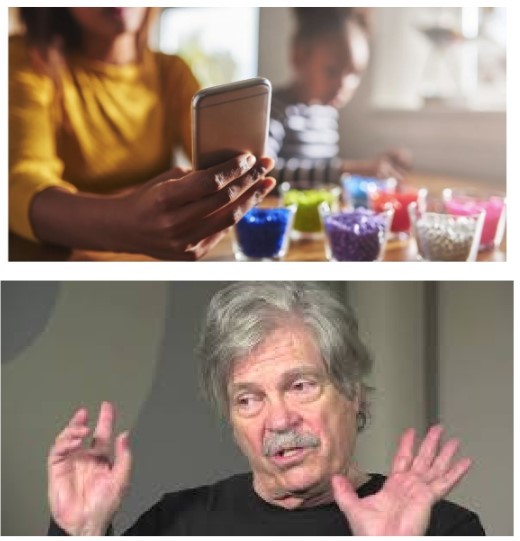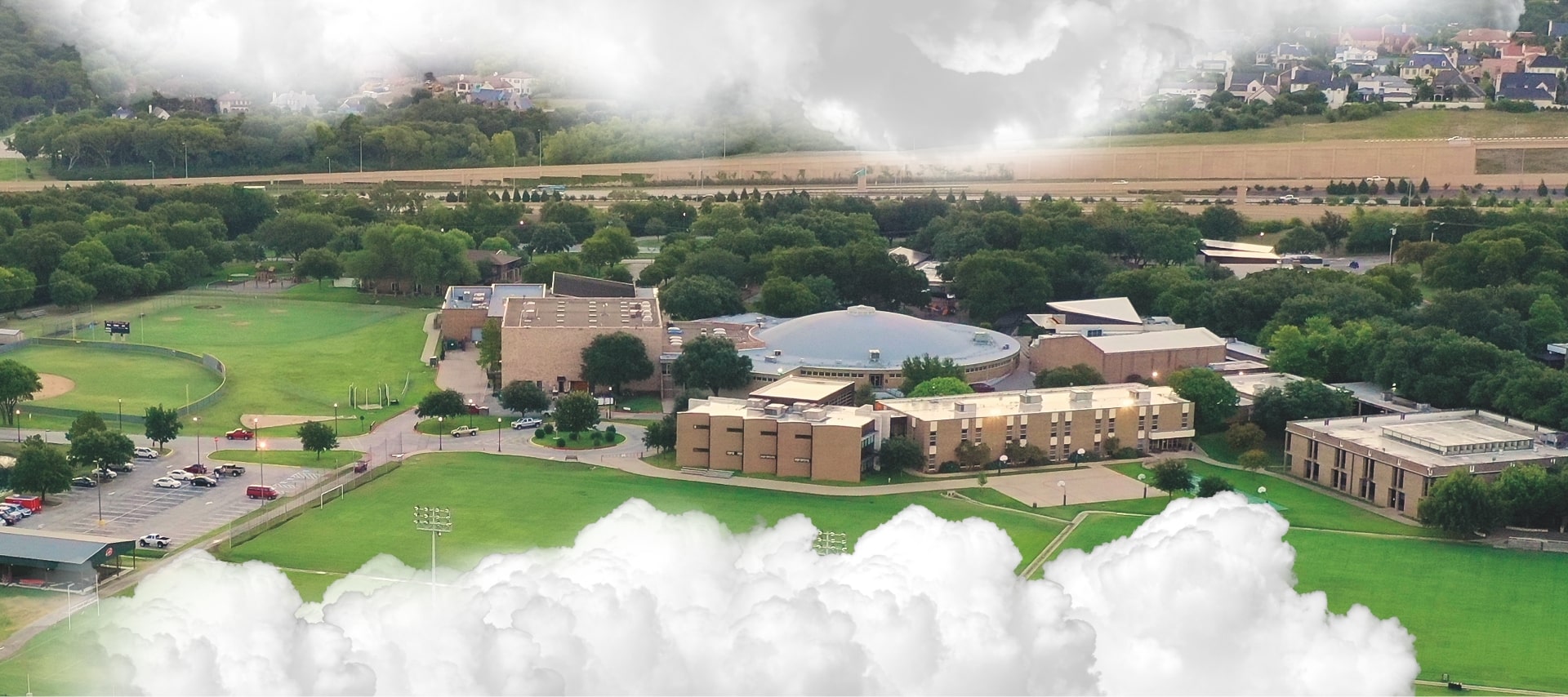Seen Read Heard: December 2024

My latest reads and “listens” include the article How Parents Can Fight Back Against the Digital Deluge of Life by Katherine Johnson Martinko and Alan Kay’s Keynote Address at CRESSTCon 2016, The Best Way to Predict the Future is to Invent It.
How Parents Can Fight Back Against the Digital Deluge of Life by Katherine Johnson Martinko
The topic of “the digital deluge of life” is prevalent these days for good reason: Technology’s upsides are being challenged by its downsides. At school, we instituted a device-free December in the FDP, and we have limited our ninth graders’ use of cell phones. We know many families are making informed decisions to delay cell phones (at least those with internet access) until their child is in high school. In a previous Notes this school year, I wrote about Jonathon Haidt’s The Anxious Generation, a book getting lots of discussion for its blaming of cell phones for lots of youth challenges. The conversation about tech use among our students is important and will be going on for a while.
This blog entry is worth a read. Martinko’s seven tips for parents and guardians hoping to make a difference limiting the technology in their and their children’s lives are valuable (and challenging):
Tip 1. Leave your phone elsewhere when spending time with kids
Tip 2. Develop analog habits
Tip 3. Embrace the concept of “techno-selectionism,” coined by Cal Newport
Tip 4. Implement a weekly digital fast
Tip 5. Delete social media apps
Tip 6. Boring-ify your phone
Tip 7. Don’t roam when you travel
CRESSTCon 2016 Alan Kay Keynote Address: The Best Way to Predict the Future is to Invent It
I am really enjoying my approximately twice-a-week conversations with different community members regarding our Portrait of a Graduate project. I have spoken to men and women who are think tank scholars, hospital chief medical officers, a law firm managing partner, entrepreneurs, college presidents, and private equity leaders. I am looking for independent input on the most important things we can and should be teaching for years to come, asking people in various “industries” what they see as current and future needs for their professions and for community members.
Under Amy Witten’s direction, our Curriculum Committee spent time in 2023-24 generating the first draft of our Portrait of a Graduate, identifying our biggest priorities in terms of skill sets, knowledge and character traits that we want our graduates to have. My discussions are meant to expand the conversation beyond FWCD.
One of my conversations led to a parent of alums sharing a recording of a 2016 lecture from UCLA’s National Center for Research on Evaluations, Standards and Student Testing (CRESST), a niche audience, to be sure, but a generalizable message just as surely. The speaker, Alan Kay, the then Head of the Viewpoints Research Institute, had been at the cutting edge of much of technology’s advances, from his work at IBM to Xerox Parc to the Office of Naval Research and more.
Not a fancy presentation, but a provocative one, Kay shares some memorable thoughts, several of them quotations of some of his friends who had passed away the year of his talk:
“You don’t understand something if you only understand it one way.” (Minsky) How do we challenge our students to understand things in multiple ways?
“The best way to learn French is to grow up in France. The best way to learn math is to grow up in mathland.” (Papert) How do we make all of our classrooms like being in France for French?
Referencing Francis Bacon’s writing in the 1600s, Kay says we still have not really figured out how to advance “thinking” in our species.
Kay says something along the lines of … the human brain is not really set up for thinking (because thinking is so energy intensive) … it’s set up for reacting.
Kay is talking all about different ways to teach and the most effective approaches to learning. I appreciate being among colleagues who are constantly on the road of discovery and exploration.






















